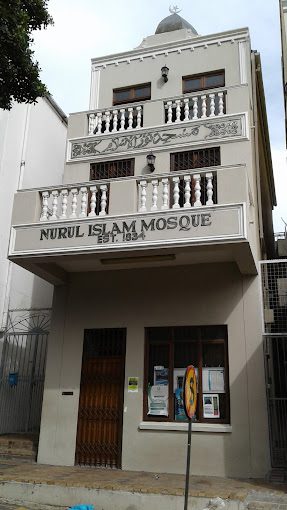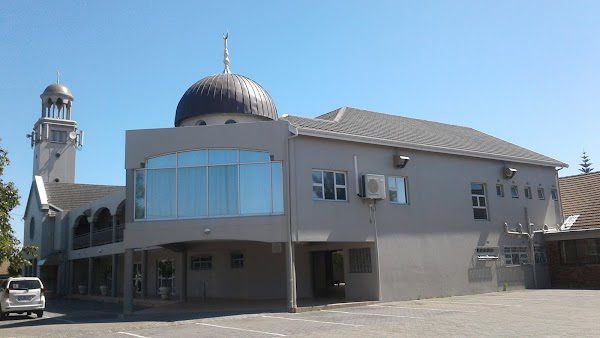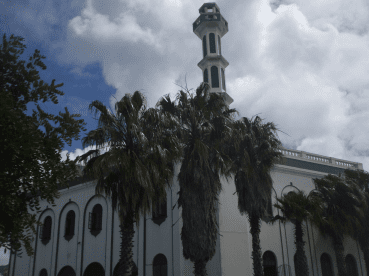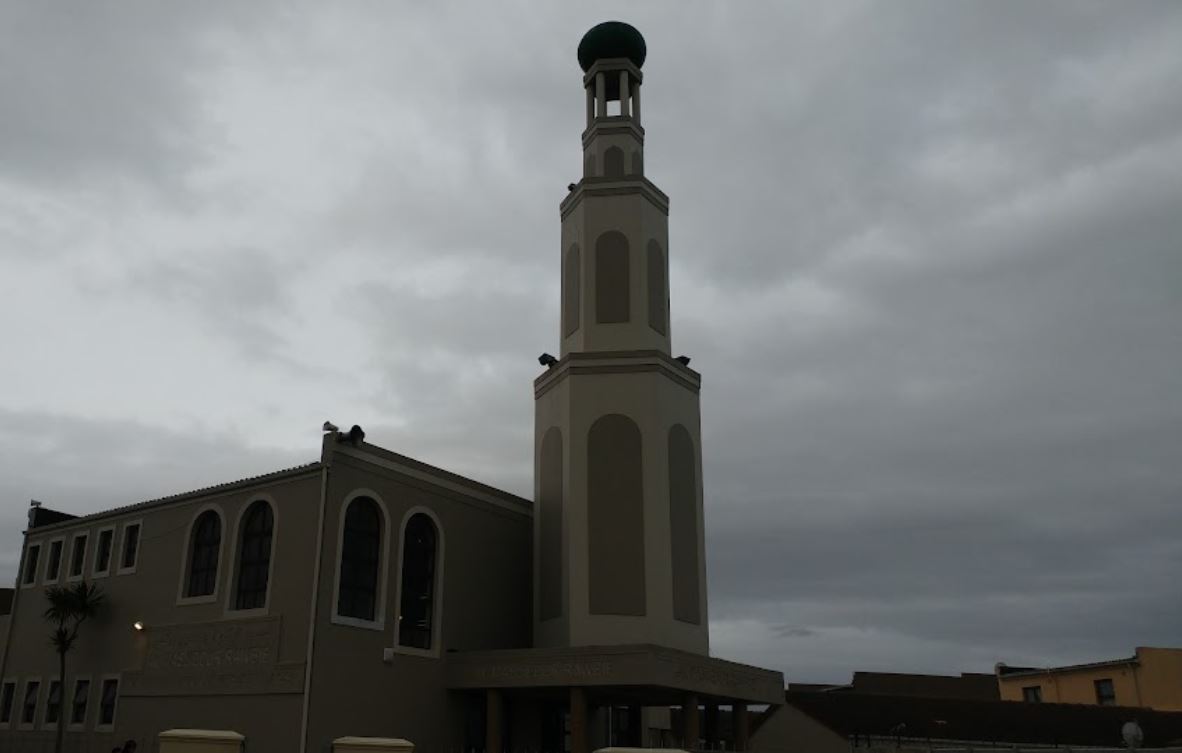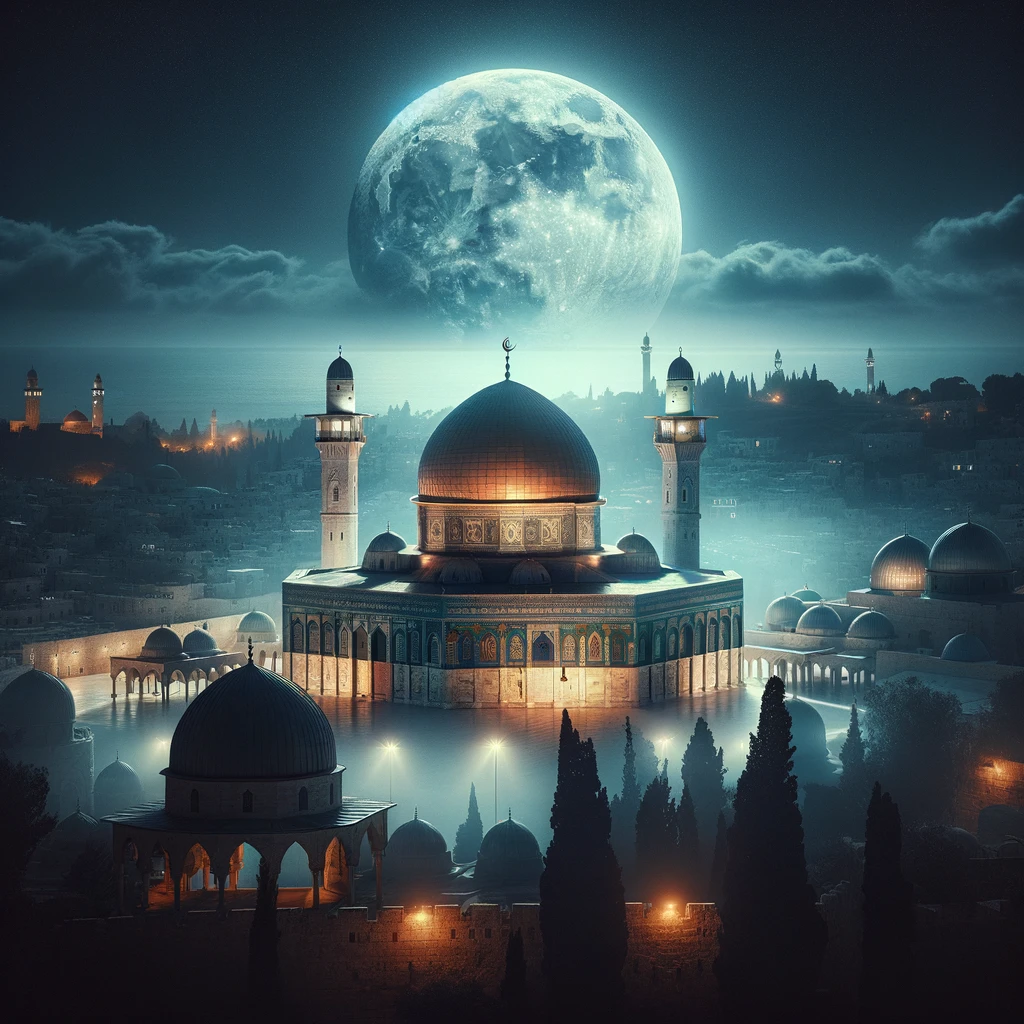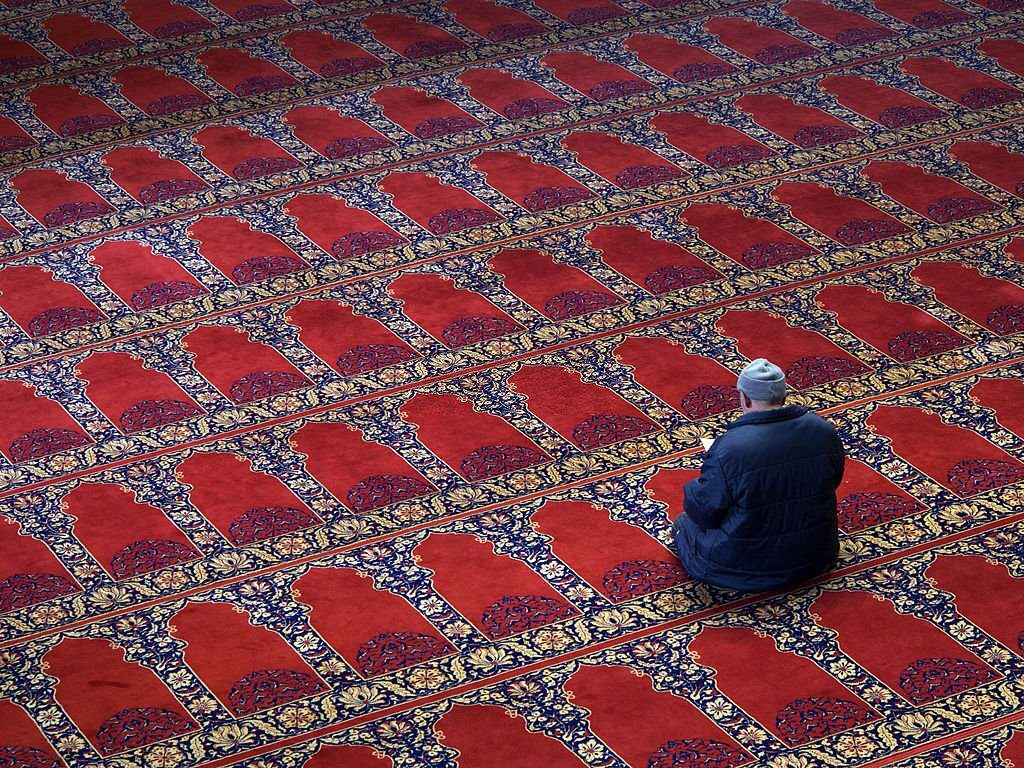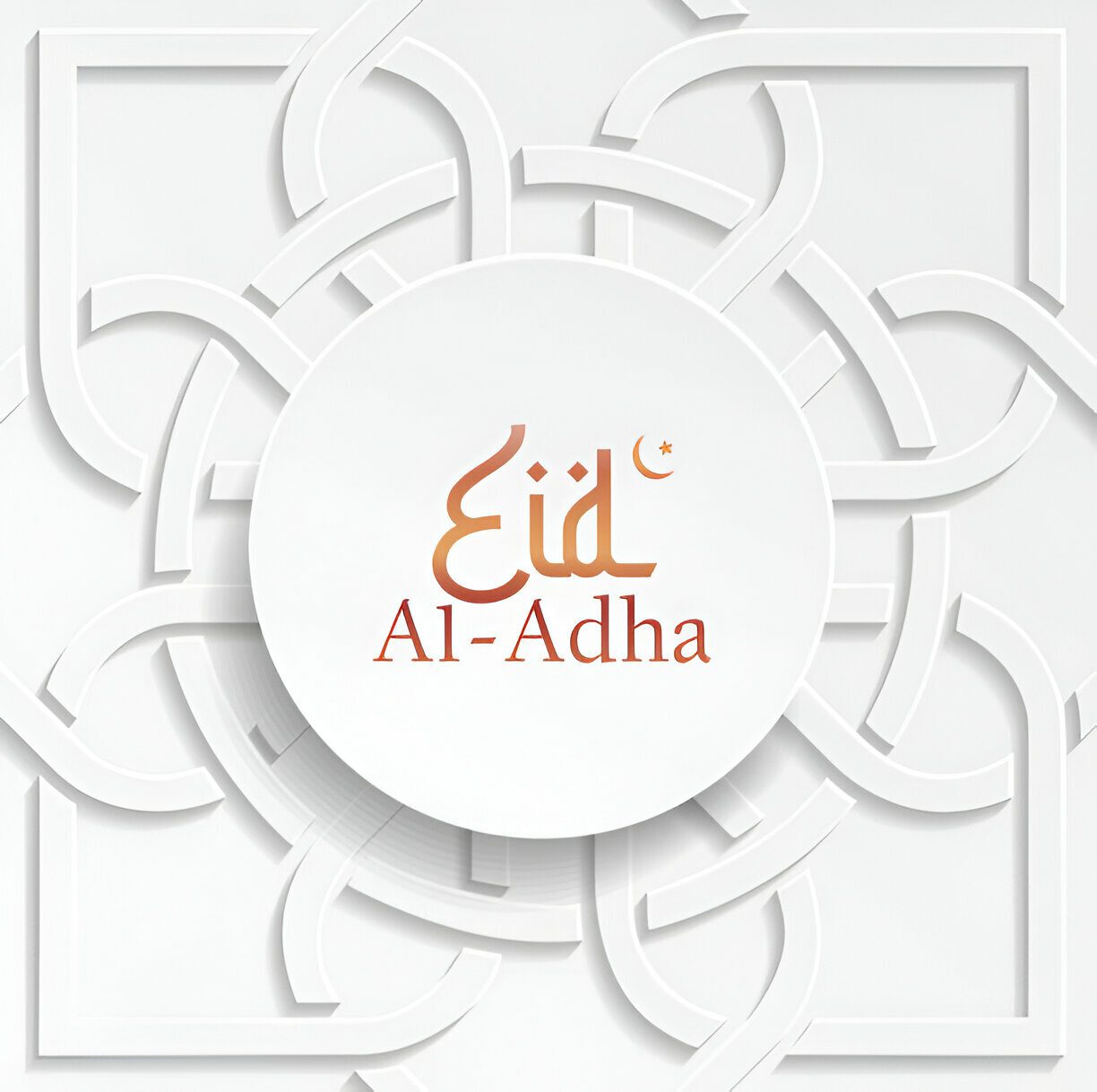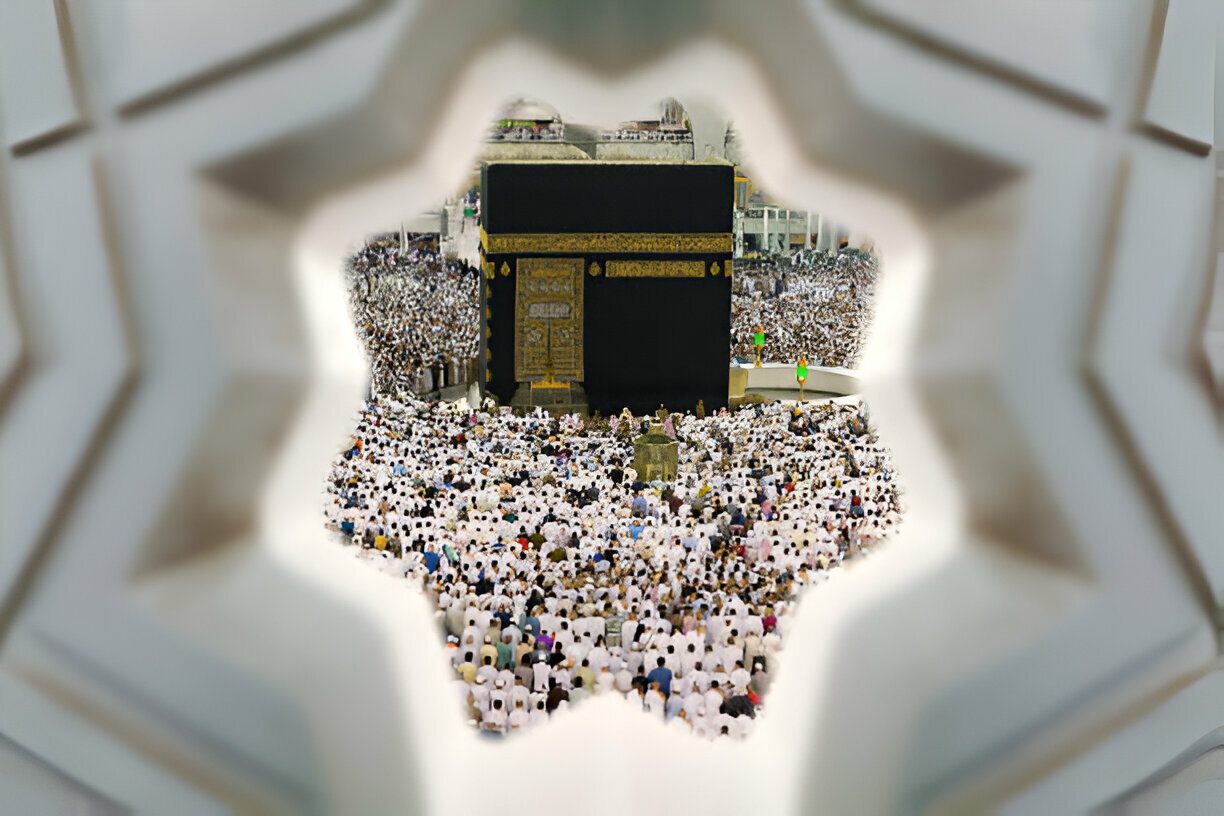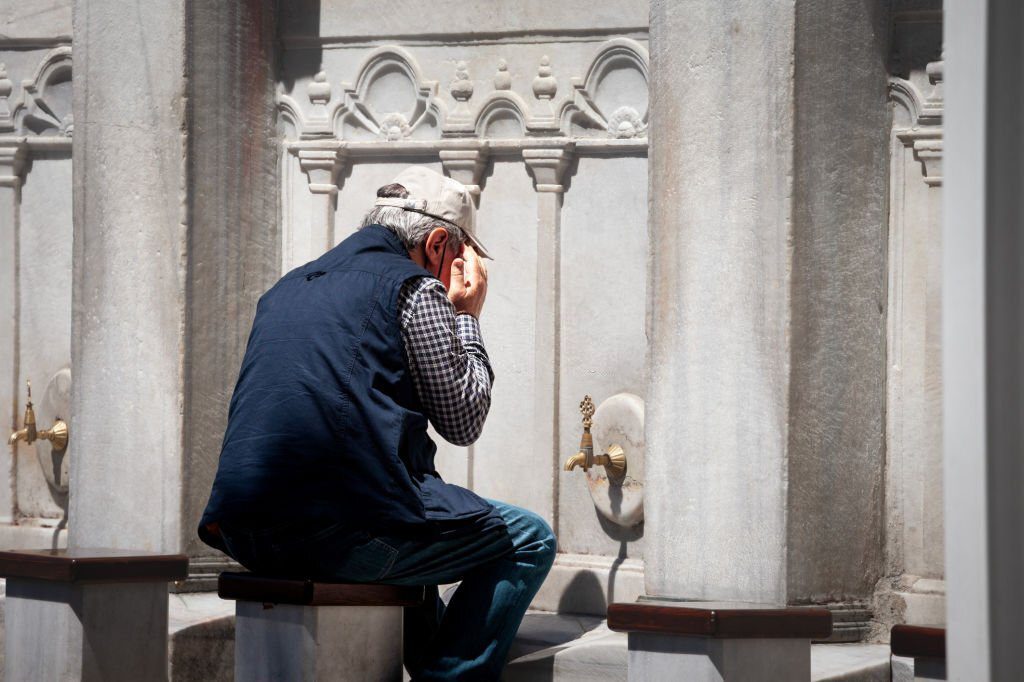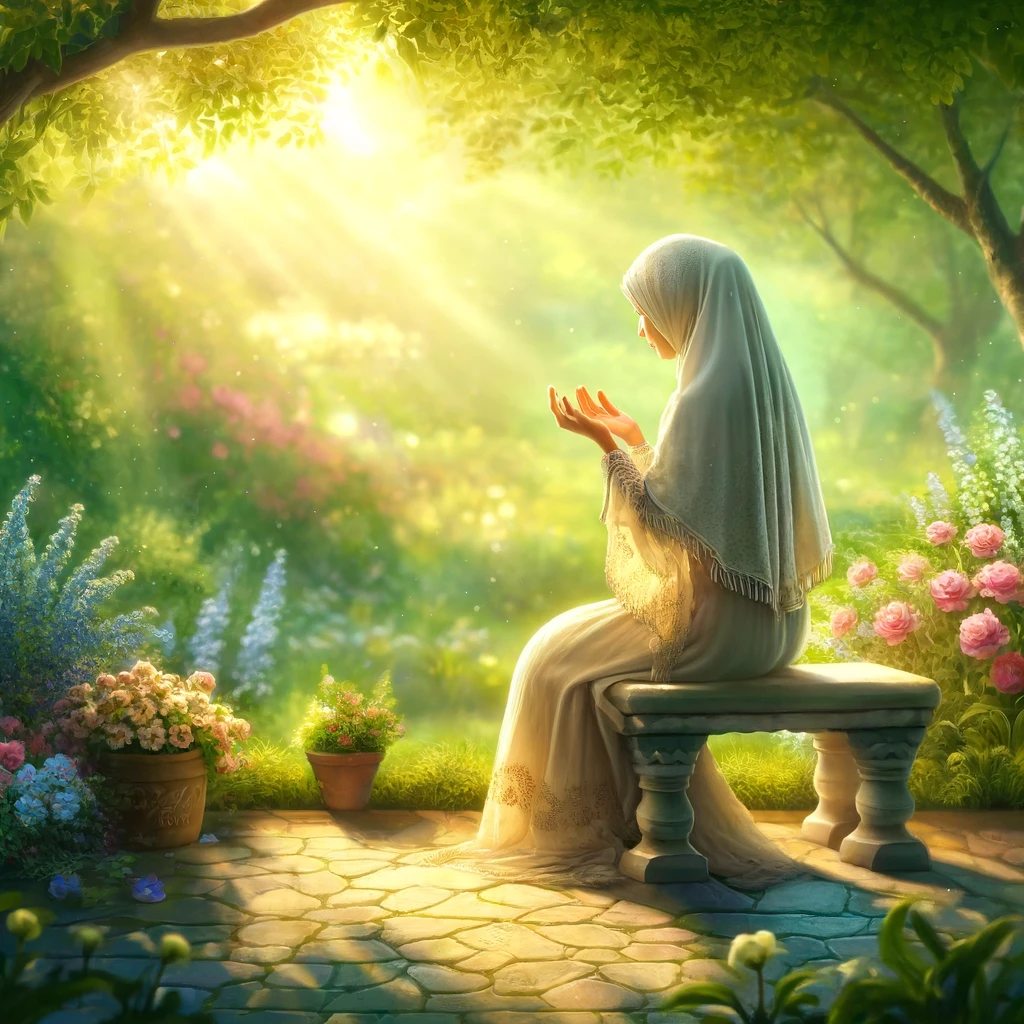As the sun rises over the eclectic cityscape of Cape Town, one edifice stands out with its mesmerizing blend of cultural heritage and religious significance – Masjid Nurul Islam. This magnificent mosque, nestled within the city’s vibrant Buitengracht Street, is more than just a place of worship. It’s a hub for community connection, a center for Islamic learning, and an enduring symbol of Cape Town’s rich Islamic tradition. Journey with us as we delve into the heart of this remarkable institution, uncovering its architectural grandeur, religious practices, community impact, and the prominent figures associated with it. We’ll also explore its lasting legacy and influence, both within the local community and beyond.
Overview of Masjid Nurul Islam
Nestled in the heart of Cape Town, in the bustling Buitengracht Street, lies Masjid Nurul Islam, a luminary institution of faith and spirituality. The mosque stands as a beacon, casting the light of Islam over the city’s landscape. Having been built to service the spiritual needs of the local Muslim community, it fosters a strong sense of unity and encourages a culture of learning and tolerance.
The mosque has been an integral part of the Cape Town community since its establishment, offering not only a sacred space for daily prayers but also functioning as a center for religious education and community outreach. Its presence has been instrumental in shaping the area’s social and religious fabric, making Masjid Nurul Islam a cornerstone of Cape Town’s Islamic heritage.
History of Masjid Nurul Islam
Commonly known as the Star of Islam, the Masjid Nurul Islam holds a revered position as one of the oldest mosques in Cape Town. While it’s not the oldest—it’s the third oldest mosque in South Africa following the Auwal Mosque and the Palm Tree Mosque—its importance can’t be understated. Despite several alterations and renovations over the years, it continues to bear a historical charm.
Established by the congregation in 1844, the mosque owes its inception to Imam Abdol Rauf, the younger son of Tuan Guru. It has primarily served the Shafee congregation of the Bo-Kaap area. A notable reconstruction of the street facade took place in 1895, in spite of ongoing legal disputes over mortgage rights on the property.
Designed with functionality in mind, the lower floor of the mosque was purposed to be rented out as shop space, while the upper floor was assigned as a madrassa (school) and Imam’s residence. Financial struggles with mortgage payments eventually led to the mosque’s sale in 1905.
However, the mosque’s story doesn’t end there. Since 1912, it has been serving the local Nurul Islam congregation faithfully. Additional improvements were carried out in 1913, adding to the mosque’s architectural charm and functionality. Today, the Masjid Nurul Islam stands as a testament to the rich Islamic heritage of Cape Town.
Darul Islam Masjid Architecture
The architecture of Masjid Nurul Islam is a striking blend of traditional Islamic artistry and contemporary design, reflecting the city’s vibrant cultural fusion. The large central dome and soaring minarets that crown the mosque create an iconic skyline, while the beautifully decorated interiors, filled with intricate geometric patterns and Arabic calligraphy, enhance the mosque’s visual appeal.
The mosque complex is not just about grandeur but also about functionality. It includes several additional facilities like an educational wing for Quranic and Islamic studies, a multipurpose hall for community gatherings, and well-equipped ablution facilities. Its architecture is a testament to the importance of creating spaces that meet the community’s spiritual, educational, and social needs.
Religious Practices
Religious practices at Masjid Nurul Islam are marked by an inclusive approach that caters to the diverse community of worshippers. The mosque holds five daily prayers, including congregational Jumu’ah prayers, and facilitates special observances for Ramadan, Eid, and other significant Islamic dates. The mosque also arranges regular Quranic recitation circles and study sessions to encourage a deeper understanding of the Islamic faith.
In addition, Masjid Nurul Islam is known for organizing regular religious talks and lectures delivered by renowned Islamic scholars. These events aim to provide spiritual guidance to the community and to promote a better understanding of the principles and values of Islam. The mosque’s commitment to nurturing the spiritual wellbeing of its members plays a vital role in the religious life of the local Muslim community.
Community Impact
The community impact of Masjid Nurul Islam extends far beyond its religious functions. As a center for social interaction and communal harmony, the mosque plays an active role in addressing social issues, conducting charity drives, and providing aid to those in need. It also hosts educational workshops, health awareness programs, and recreational activities for various age groups.
The mosque also recognizes the importance of youth engagement in community development. Therefore, it organizes a variety of youth-oriented programs aimed at fostering leadership skills, promoting social responsibility, and encouraging active participation in community service. Through these efforts, Masjid Nurul Islam continues to make a significant contribution to the wellbeing and cohesion of the local community.
Prominent Figures
Several prominent figures have been associated with Masjid Nurul Islam, serving the community and contributing to the mosque’s rich legacy. Their leadership and tireless efforts have been instrumental in shaping the mosque’s direction and enhancing its role in the community. Their teachings, guided by a deep understanding of Islam and a commitment to community service, continue to inspire and guide the faithful.
The Imams and scholars associated with Masjid Nurul Islam have played a critical role in educating the community about the essence of Islam, fostering a deeper understanding of the faith, and encouraging a spirit of unity and mutual respect among community members. Their contributions have left an indelible mark on the mosque’s history and continue to influence its present and future.
Currently the Imam of the Masjid Nurul Islam is Sheikh Serag Makki Johaar.
Legacy and Influence
The legacy of Masjid Nurul Islam is a testament to the enduring influence of the mosque on the lives of countless individuals and the community as a whole. Over the years, it has evolved from a simple place of worship to a vibrant community hub, significantly impacting the spiritual, educational, and social landscape of Athlone and beyond.
The influence of the mosque can be seen in its relentless pursuit of promoting Islamic values, fostering community spirit, and advocating for social justice. It continues to stand as an embodiment of the core Islamic principles of compassion, knowledge, and unity, thereby playing a vital role in shaping the local Muslim community’s identity and character.
Address
Masjid Nurul Islam is located at 134 Buitengracht St, Cape Town City Centre, Cape Town, South Africa. Visitors are welcome to join the daily prayers, attend the regular religious programs, or participate in the numerous community activities that the mosque hosts. Its central location makes it easily accessible for both local residents and visitors from other parts of the city.
